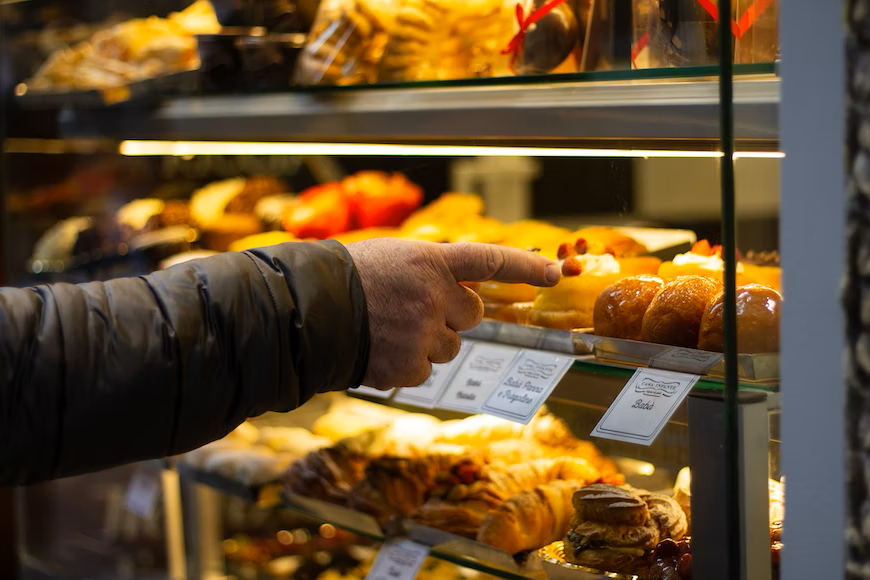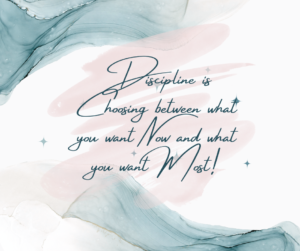
Why “going on a diet” doesn’t work!
TW – Trigger Warning – I’m aware many of my readers have eating disorder either currently or in their history. Please be aware this blog talks about food frankly and openly. If this may be a trigger for you, please click onto another blog!
One of the hardest things I feel I’ve had to contend with while recovering from anorexia is full-on diet culture! It’s everywhere, from magazines in waiting rooms to everyday in the office. A day doesn’t go by where someone talks about the weight they’ve lost, or put on, or what diet they’re going to try next.
I’ve found it quite shocking, when I was ill, I was in a bubble of denial about these kind of things, I didn’t talk to people about food, nor them to me so I had no idea there was so much rubbish out there.
I think the most bizarre, to date, has to be the potato diet – you’ve guessed it – all my colleague ate for weeks was potatoes! I’m guessing the logic is that you’ll be so bored of them that eventually you’ll just stop eating and you might lose a bit of weight. But seriously…who dreamt this up?! How can just potatoes sustain a human being?!
I’m taking this back to basics. Very broadly there are 3 reasons we eat:
1. Food is available
This may be simple, someone has brought some cakes into the office and they’re offered round. You eat one because they’re waved in front of your nose. You may feel “it’s rude not to” or you may just fancy one.
We also follow this rule when we live by strict habits. For example, lots of people eat 3 meals a day, each day fairly similar no matter how different their needs are on each day. Habitually, it’s 1pm, you prepare lunch and eat it because it’s there.
This is also the case when we live in family groups. “We eat dinner at 6.30pm because that’s when most people are likely to be hungry”.
2. We’re emotional
Females are renowned for this but it can happen to anyone. For some it’s a case of stuffing their feelings down, “If I eat, I don’t have to feel”. Or it may feel like a comfort, food just makes everything feel a bit better doesn’t it? All sorts of emotions may work in this way, living in the western world, food is available as a coping mechanism.
3. We’re hungry
Our body’s pretty clever, when it requires more food, you experience symptoms of hunger and we can use these as a signal to eat. Your stomach may physically feel empty or may be making noises, you may feel light-headed, irritable or lacking in concentration. If you’re feeling these things but you’ve only just eaten, they’re unlikely to be hunger, but if it’s been a couple of hours, they may signal hunger.
None of these reasons to eat are wrong
Let me say that again – None of these reasons to eat are wrong! If you’re at a dinner party and not hungry, it’s totally fine to eat when food is available. It’s not just polite, it’s a sociable thing to do. If you’ve had a shocking day at work and you just fancy a massive ice cream or block of chocolate, that’s ok.
However…
It’s important to be aware of why you’re eating. When you’ve met up with your girlfriends for a coffee and chinwag, if you just fancy that slice of carrot cake because you saw it on the counter, do it – but make sure you know you’re eating it because it was there. Don’t pretend to yourself you’re hungry, or you’ll “make up for it later” or any other “excuse”. It’s ok to say “I’m having it because it was there and I want it.”
If however, you know you’re a grazer and you tend to just eat food “because it’s there”, try to become more mindful about this. Do you need snacks in the cupboard?
Emotional eating is a really important one to be aware of – eating our feelings is dangerous. The only healthy way to manage feelings is to fully experience them a talk about them. Say to yourself, “I’m having this bar of chocolate because I’m really sad” – you may then decided you don’t need the bar of chocolate and may express your emotion in a different way but as long as your acknowledge it, you can make sure that you deal with the underlying emotions as well.
As a generalisation, people are over weight because they have consumed more calories than they have expended. This is likely to be because they have done more eating for reasons numbers 1 and 2. I reiterate, these are not wrong, but we need to be mindful of them in order to keep them in check.
Being mindful of what we’re eating and why is the most important part of having a healthy relationship with food. Having a healthy relationship with food is not about say “yes” or “no” to “good” or “bad” foods, it’s not about having rules, it’s about listening to our body and being aware of what it needs and when.
(I’m not entirely sure I’m as in tune with my body as I’d like to be – I say I’m fully recovered form anorexia but I still struggle to know when I’m hungry, what it means when I’m craving food and most of the time I feel totally disconnected from my body – it’s work in progress!)
“Going on a diet” doesn’t change anything
Eating potatoes [insert latest fad] for a month may help you lose a few pounds but if you’ve not changed your relationship with food, when you come off the diet, it’s fairly predictable what’s going to happen…!The way to a healthy body is a healthy mind
Biscuits are on the side during a tea break/cake is handed ‘round during someone birthday/chocolates are “calling you from the sweetie draw” – do you have one? Do a quick check with yourself:
- Are you hungry? – is this an appropriate thing to be eating at this time of day to satisfy the hunger you have?
- Are you feeling emotional? – is this an appropriate thing to eat to cope with how your feeling? Would you prefer to manage your emotions in another way?
- Do you want it just because it’s there? – that’s ok, but make sure you’re making a conscious decision and be aware that you are not eating this because you need it.

Because diet culture is so much the norm, language around food is really unhelpful. If you say “no” to the birthday cake, other people (who are probably feeling guilty* about eating some) will say “oh, you’re so good”. But it’s not about being “good” or “bad”. It is entirely up to you whether you say “yes” or “no” when feeling peer-pressure to join in, only you know why you’re eating it and whether you have a healthy relationship with food.
*I recently heard Raymond Blanc completely baffled by the question “what’s your guilty pleasure?” – he couldn’t comprehend why anyone would feel guilty about feeling pleasure from food. (Obviously) he’s right! We should never feel guilty about eating. If you’re eating, no matter what you’re eating, if you’re aware of why you’re eating it, no matter whether it’s reason 1, 2 or 3, and you’re ok with your reasoning, and it’s giving you pleasure – just enjoy it!
People end up feeling guilty when their relationship with food is such that they lie to themselves about why they’re eating. Tackling the reasons will in turn address the guilt. We should not feel guilty about nourishing our bodies!
We may need to re-educate ourselves about what a healthy diet looks like. For our bodies to function healthily and feel good we need a balance of carbohydrates, proteins, fats, fruits and veg. No foods are “off limits” but some may need to be eaten less often. A good relationship with food is about mindfully saying “yes”!




